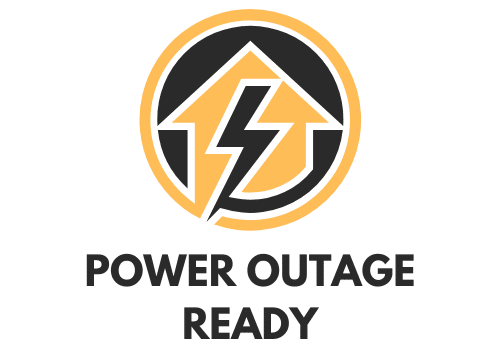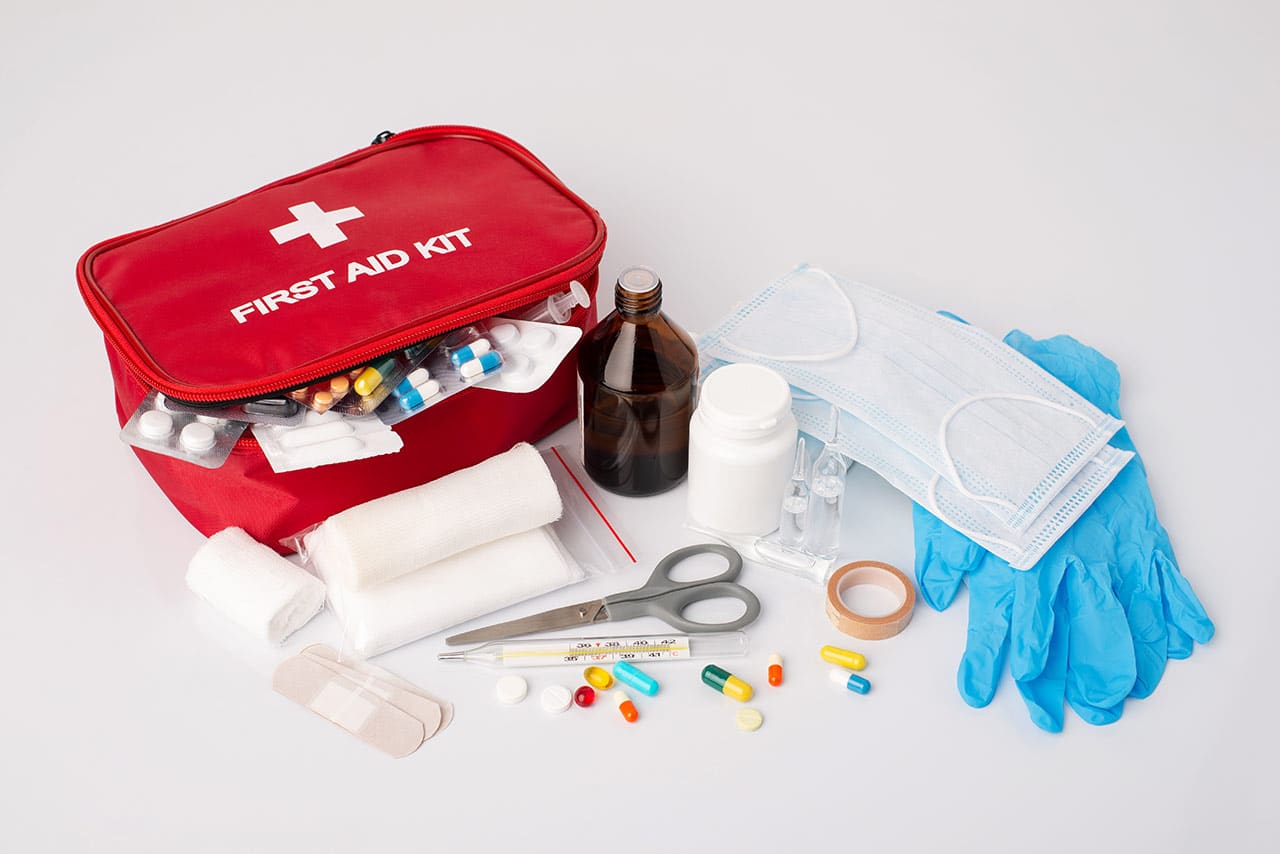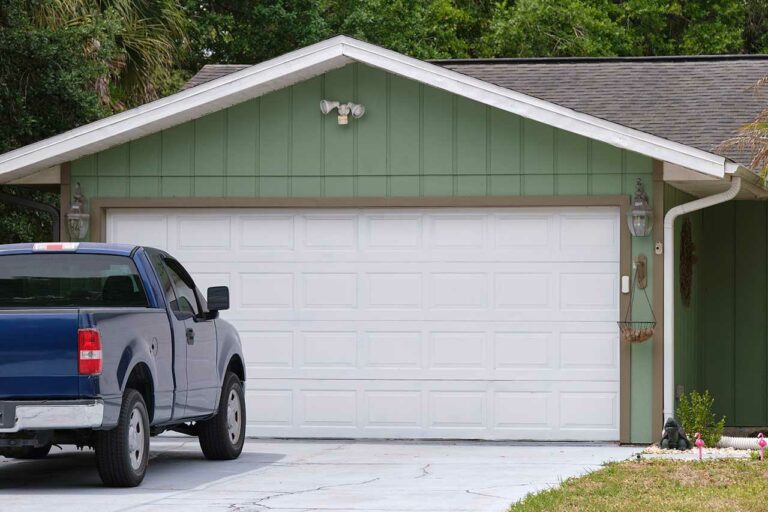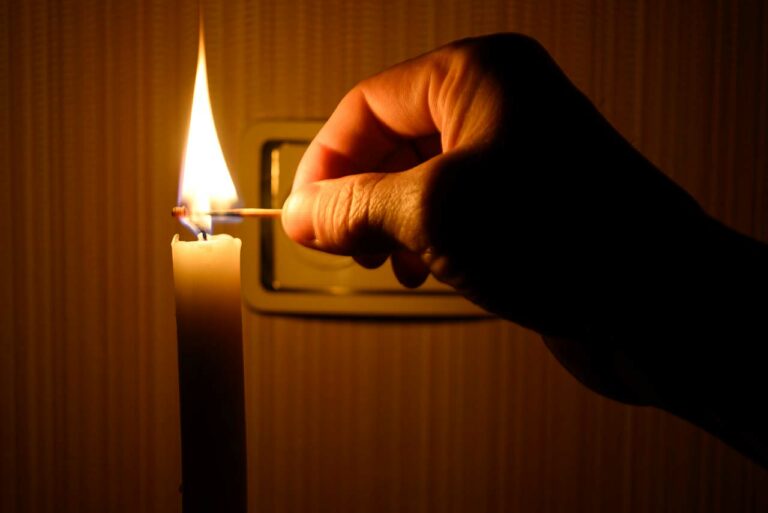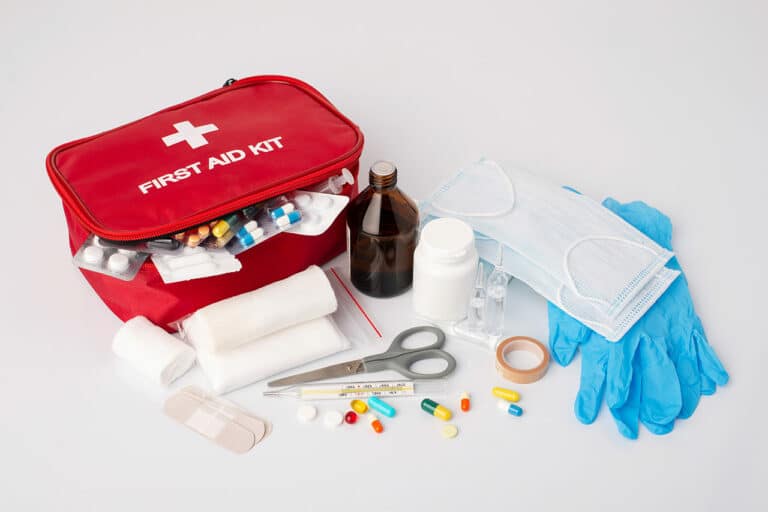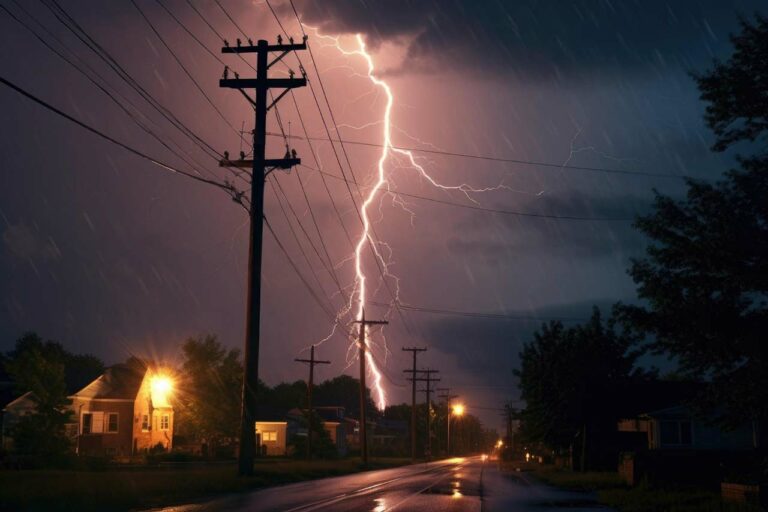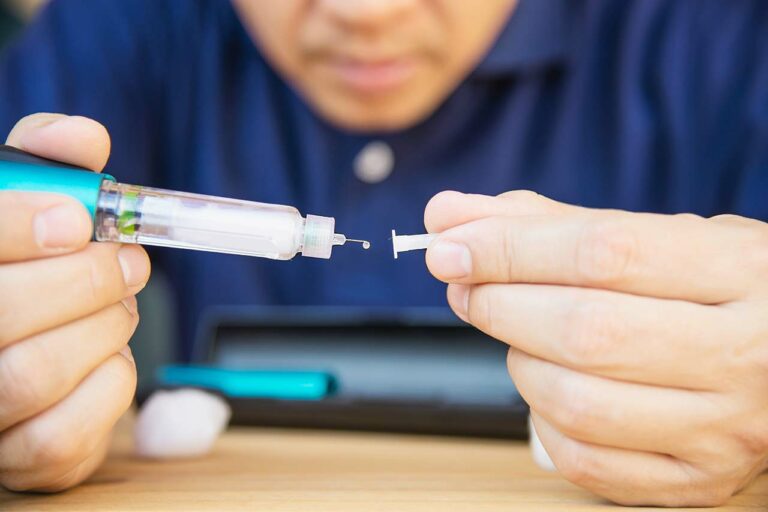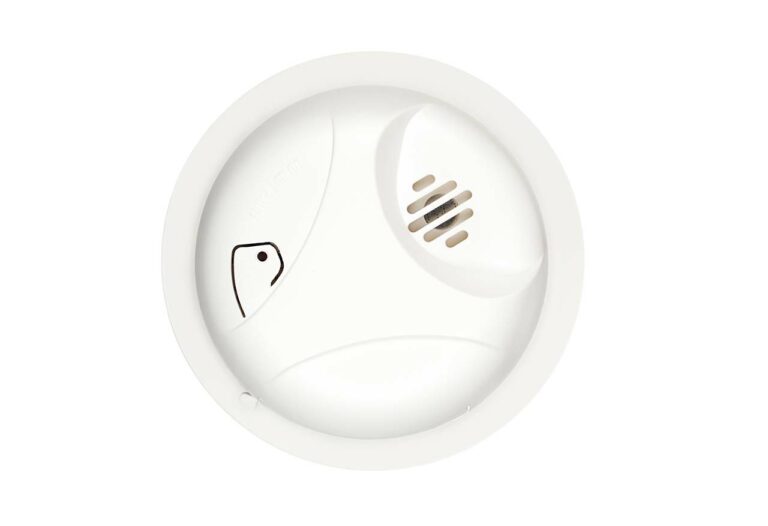Emergency Medical Kit List: Essential Items For Unexpected Situations
Emergencies can happen anytime, anywhere, and being prepared with an emergency medical kit can make all the difference when it comes to providing necessary care. It’s vital to have a well-stocked first-aid kit at home, in your car, or even at the office.
When it comes to a well-stocked emergency medical kit, the goal is to have everything you need to handle common injuries and emergencies, from cuts and scrapes to burns and more severe issues. By being prepared, you can take control of a situation and potentially prevent more serious complications from arising.
This is especially true during a blackout when communication systems may be down, and medical facilities overwhelmed.
Here, we discuss the different types of supplies you should keep in your emergency medical kit. We’ll break down the essentials to help you be prepared for any situation you might encounter when the lights go out.
Basics of an Emergency Medical Kit
When it comes to preparing for the unexpected, an emergency medical kit is essential. Here are the basic components:
First Aid Kit
A first-aid kit can often be found as a pre-stocked deal that contains everything you need for minor emergencies. Some may have more serious supplies, but most contain the basics like adhesive bandages, sterile gauze pads, adhesive tape, tweezers, scissors, safety pins, disposable gloves, and digital thermometers. Better stocked ones may also contain a supply of instant cold packs and a space blanket.
Basic Supplies
Though they are not exactly medical in nature, basic supplies, such as flashlights, battery-operated or hand-crank radios, extra batteries, waterproof matches or a lighter, and a multi-tool are necessary for general preparedness and can help keep an accident from happening. These items will help you stay informed and equipped for unexpected situations – be it a power outage or a natural disaster that might lead to an outage.
Survival Kit
Survival kits consist of more advanced gear, like water purification systems, camping stoves, and sturdy shelters or tents. Although these items aren’t a must for a basic emergency medical kit, they may be worth considering for more comprehensive preparedness.
Emergency Documents
To be truly prepared in an emergency, you should keep copies of important personal documents, such as identification, insurance policies, and emergency contact information, in one, easy-to-grab place. As a kit, these items should be kept in a waterproof and fireproof container.
These documents won’t help in an immediate emergency, but they can be vital if someone in your party gets injured and needs to go to a hospital in the middle of a blackout or another major emergency.
Essential Medical Supplies
Medications and Drugs
In a blackout, it’s crucial to have essential medications handy. Stock up on over-the-counter meds like aspirin for pain relief, antacid for indigestion, antihistamine for allergies, and antibiotic ointment for minor cuts and scrapes. Don’t forget to include any necessary prescription medications you and your family members need.
Basic Equipment
While these things aren’t considered so essential that you’ll find them in most pre-stocked first-aid kits, some items can become essential depending on the situation.
- Syringes: Sterile syringes can be used for various things, such as cleaning wounds. You definitely need an extra supply of these if anyone in your party is dependent on shots for their medication.
- Surgical masks: Masks help prevent the spread of germs and protect you from inhaling harmful particles. These can be useful when treating someone’s open wound, or if the outside air becomes hazardous.
- Tourniquet: Tourniquets are used to control severe bleeding. Some first-aid kits may have them, but not all of them.
Detailed Emergency Medical Kit List
Whether you’re at home, on the road, or exploring the great outdoors, having a comprehensive medical kit is essential. Here’s a detailed breakdown of each part of your medical kit to ensure you have everything you need when the time comes:
Basic First Aid Supplies
- Band-aids in various sizes
- Sterile gauze pads
- Adhesive tape
- Antiseptic wipes
- Tweezers
- Scissors
- Disposable gloves
- Burn ointment
- Antibiotic cream
- Snakebite kit (location-dependent)
Medications
- Aspirin (for chest pain)
- Non-aspirin pain relievers (ibuprofen, acetaminophen)
- Liquid pain relievers suitable for children (if you have children)
- Antihistamines (for allergic reactions)
- Loperamide (anti-diarrhea)
- Antacid tablets
Specialized Tools and Supplies
- Instant cold packs
- First-aid manual
- Digital thermometer
- CPR face shield or mask
- Emergency contact numbers and personal medical information
- Space blanket (for warmth)
For More Severe Injuries
- Elastic bandage (like an ACE bandage)
- Sterile saline for flushing wounds
- Splints
- Butterfly closure strips
Personal Medications and Needs
- Any prescribed medications
- Epinephrine auto-injectors (for those with severe allergies)
- Extra eyeglasses or contact lenses
- Pet medications (if you have pets)
Once you’ve got everything assembled, ensure that your emergency medical kit is stored in a cool, dry place and easily accessible when needed. Regularly checking and replenishing any used or expired items will keep your kit ready at all times.
Don’t forget to change out spare glasses or contacts if your prescription changes.
Special Considerations for Family Members
When preparing an emergency medical kit list, it’s important to take into account the specific needs of your family members. This includes children, those with specific medical needs, and pets.
Children’s Needs
Kids might need some extra items in an emergency medical kit. Make sure you have:
- Diaper cream and powder: In addition to a good supply of diapers and wet wipes.
- Child-safe medications: Regular pain relievers are not recommended for small children, so make sure they have their own versions of any common meds, such as pediatric pain relievers, fever reducers, and allergy medications.
Specific Medical Needs
For family members with specific medical needs, be sure to include anything that they might need to be fully functional in an emergency. This might mean:
- Allergy relief or epipens: Especially for those with severe allergies.
- Glasses and contact lenses: Spare glasses and contact lenses can be literal lifesaver during an emergency. Don’t forget the contact solution.
- Hearing aids: Just like glasses and contact lenses, extra hearing aids and backup batteries can become a necessity in an emergency situation. Also pack a cleaning kit for maintenance.
Important Documents
Lastly, it’s crucial to have copies of essential documents in your emergency medical kit. This is especially important for anyone in your family who has a long or complicated medical history. Essential documents include:
- Identification: photocopies of your family’s IDs, such as driver’s licenses, birth certificates, and passports.
- Insurance documents: copies of your medical, home, and vehicle insurance policy information.
- Medical records: a list of family members’ medical conditions, allergies, medications, and dosages, as well as contact information for doctors and pharmacies.
By considering each family member’s unique needs and ensuring your emergency medical kit is tailored to them, you can help ensure your family is better prepared in the event of an emergency.
